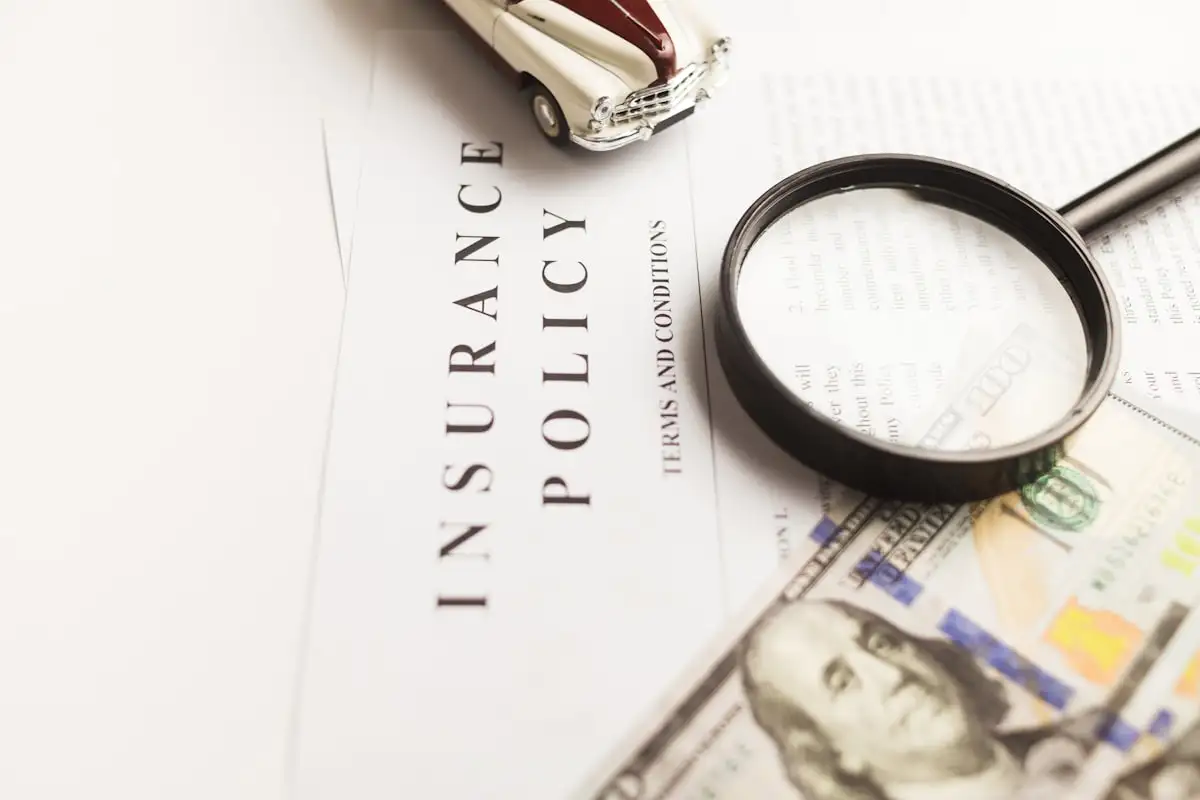Thinking about what happens to your things when you’re gone can be tough. But it’s smart to plan. One common question is: What happens to car payments if I die? It’s a worry many people have. Let’s make it simple to understand.
When someone passes away, their car loan doesn’t just disappear. It’s a debt. This debt still needs to be paid. Who pays for it depends on a few things. It mostly depends on who signed the loan papers with you. It also depends on what you own.
What Happens to Car Payments After Someone Dies?
A car loan is like a promise. You promise to pay back money to the bank. If you die, that promise doesn’t vanish. The bank still wants its money back. This is an important part of understanding what happens to car payments if I die.
First, your “estate” usually takes care of your debts. Think of your estate as all the things you own. This includes your money, your house, and your car. It also includes any debts you have. A person called an “executor” or “administrator” helps sort this out. This process is called probate. It can take some time.
The executor will look at your money and things. They will use money from your estate to pay off your debts. Your car loan is one of these debts. If there’s enough money, the loan gets paid off. Then, the car becomes fully owned by your estate. It can then go to your family, following your will.
But what if there isn’t enough money in your estate? This makes things a bit trickier. The bank might want to take the car back. This is because the car itself is used as “collateral.” Collateral means you let the bank take the car if you don’t pay the loan. It’s their backup plan.
Who Pays for Car Loans After Death?
Who is truly responsible for the car loan after someone dies? This is a key question. Most times, your family members are not directly responsible for your debts. But there are big exceptions. These exceptions usually involve specific types of car loans.
If You Have a Cosigner on Your Car Loan
This is a very important point. If someone “cosigned” your car loan, they made a promise too. A cosigner promises to pay the loan if you cannot. This includes if you die. So, if you have a cosigner, they become fully responsible for the car payments.
This means the bank will ask the cosigner for the money. The cosigner must then make all the payments. They cannot just give the car back without consequences. Their credit score could be hurt if payments are missed. It is a big responsibility for them.
If There Is No Cosigner and Not Enough Money
If you were the only one who signed the loan, things are different. And if your estate doesn’t have enough money to pay off the loan, your family usually doesn’t have to pay. But remember the car is collateral. This means the lender, or bank, can take the car back.
Your family will have choices. They might decide to keep the car. To do this, they would need to start making the car payments themselves. Or, they could sell the car. They would use the money from the sale to pay off the loan. If they don’t do either of these, the bank will likely repossess the car. This means the bank takes it back. You can learn more about how consumer debt works at sites like the Consumer Financial Protection Bureau.
Options for Your Family with Car Payments After Death
It’s helpful to know the choices your family might have. These choices depend on their situation. They also depend on how much the car is worth. Knowing these options can help them handle car payments if I die.
- Keep the Car: If your family wants to keep the car, they can. They would need to take over the payments. They might also need to refinance the loan in their name. This means getting a new loan just for them.
- Sell the Car: Your family can sell the car. They would use the money from the sale to pay off the loan. If the car sells for more than the loan amount, they get the extra money. If it sells for less, they might still owe money to the bank.
- Let the Lender Take It: If no one wants the car or can’t afford the payments, the family can tell the lender. The lender will then take the car back. This is called repossession. It won’t usually hurt your family’s credit. But it means they lose the car.
Ways to Plan Ahead for Car Payments and Death
You can do things now to make it easier for your family later. Planning ahead is always a good idea. It can prevent stress and financial problems for those you leave behind.
One good option is life insurance. Life insurance pays money to your family when you die. This money can be used to pay off debts, including car loans. It can give your family a financial cushion. This way, they don’t have to worry about how to handle your car payments if I die.
Another thing to consider is something called “gap insurance.” Car insurance usually pays what a car is worth. But a car can lose value fast. Sometimes, you might owe more on the loan than the car is worth. Gap insurance pays that “gap” amount. So, if the car is wrecked and you die, it won’t leave your family owing extra money on a car they no longer have.
It’s also very important to have a will. A will is a paper that says what you want to happen to your things. It can name your executor. It can say who gets your car. This makes the whole process smoother for your family. A clear will helps guide them.
Finally, talk to your family. Let them know about your car loan. Tell them if you have a cosigner. Share your wishes. Knowing what to do ahead of time helps them make the right choices during a difficult time. Talking about these things openly is a loving act.
Understanding what happens to your car payments if you die is important. By planning, you can help make sure your loved ones are protected. It allows them to focus on grieving, not on financial worries.










